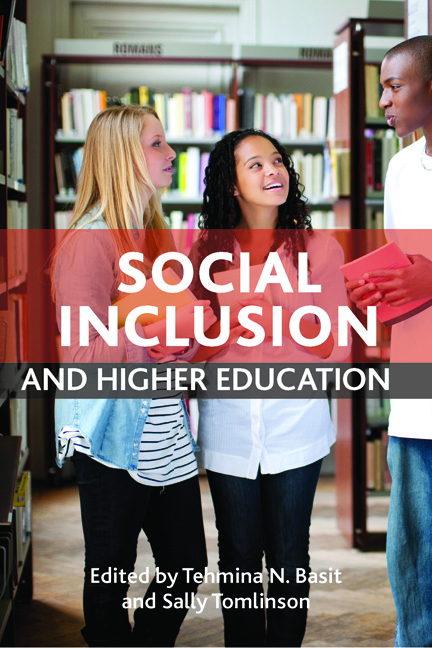five - From minority to majority: educating diverse students in the United States
Published online by Cambridge University Press: 01 September 2022
Summary
Introduction
Not since the G.I. Bill in the late 1940s has there been more national focus on the importance of post-secondary education for all Americans in the US. But as America goes to college, issues of cost, preparation, access, articulation (from kindergarten through an undergraduate degree) and retention continue to loom large. Access for all Americans as a concept is more important now than ever before. But achieving that access is often very problematic. While the US boasts an array of diverse higher education options, from community colleges to liberal arts colleges, public comprehensive and for-profit institutions, many non-traditional students do not and cannot take advantage of them. These students are plagued by such challenges and barriers as: (1) failure to get through the secondary education pipeline; (2) lack of or poor counselling in secondary school; (3) lack of funds and, just as important, the perception of lack of funds; and (4) lack of strong retention programmes at most post-secondary institutions. This chapter makes the case that every sector of higher education and every institution type have an important role to play in the success of non-traditional students in higher education in the US. To do anything less will put the lofty ideal of the US as an educated pluralistic democracy for all in jeopardy. This means that there is an urgent national need for a shift in thinking, policy and action in US higher education, around how it engages students, especially under-represented students, in the pipeline from secondary schools. That shift needs to put more onus for the access and success of students on institutions rather than only on the shoulders of those same students.
Higher education for all? Setting the stage
This chapter starts from the position that higher education in the US should be a right for all qualified citizens (and increasingly non-citizens as well), as long as they are making satisfactory progress towards getting their degrees from high school as well as from college/university; especially at the BA level or the BS level. As a matter of fact, President Obama has recently become one of the national champions of universal higher education in the US. But that has not always been the case in the country.
- Type
- Chapter
- Information
- Social Inclusion and Higher Education , pp. 109 - 128Publisher: Bristol University PressPrint publication year: 2012



